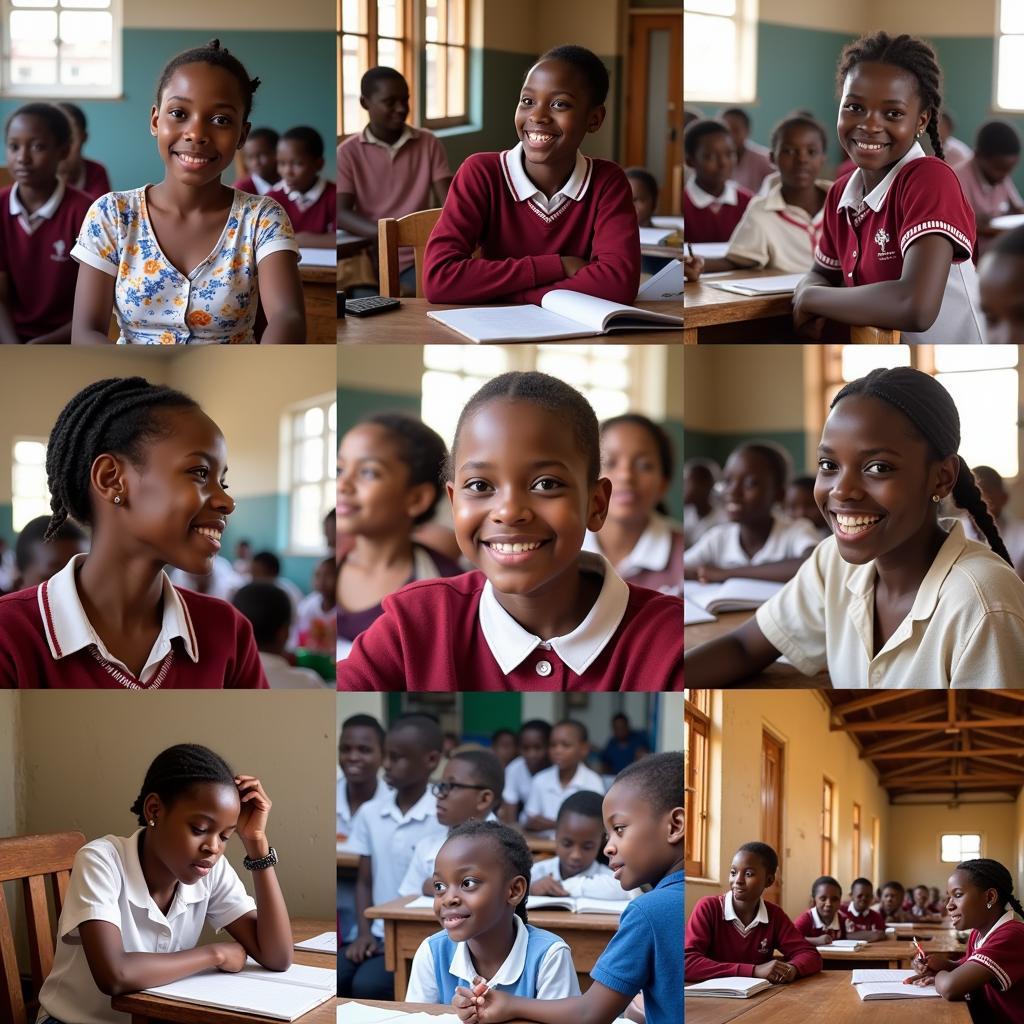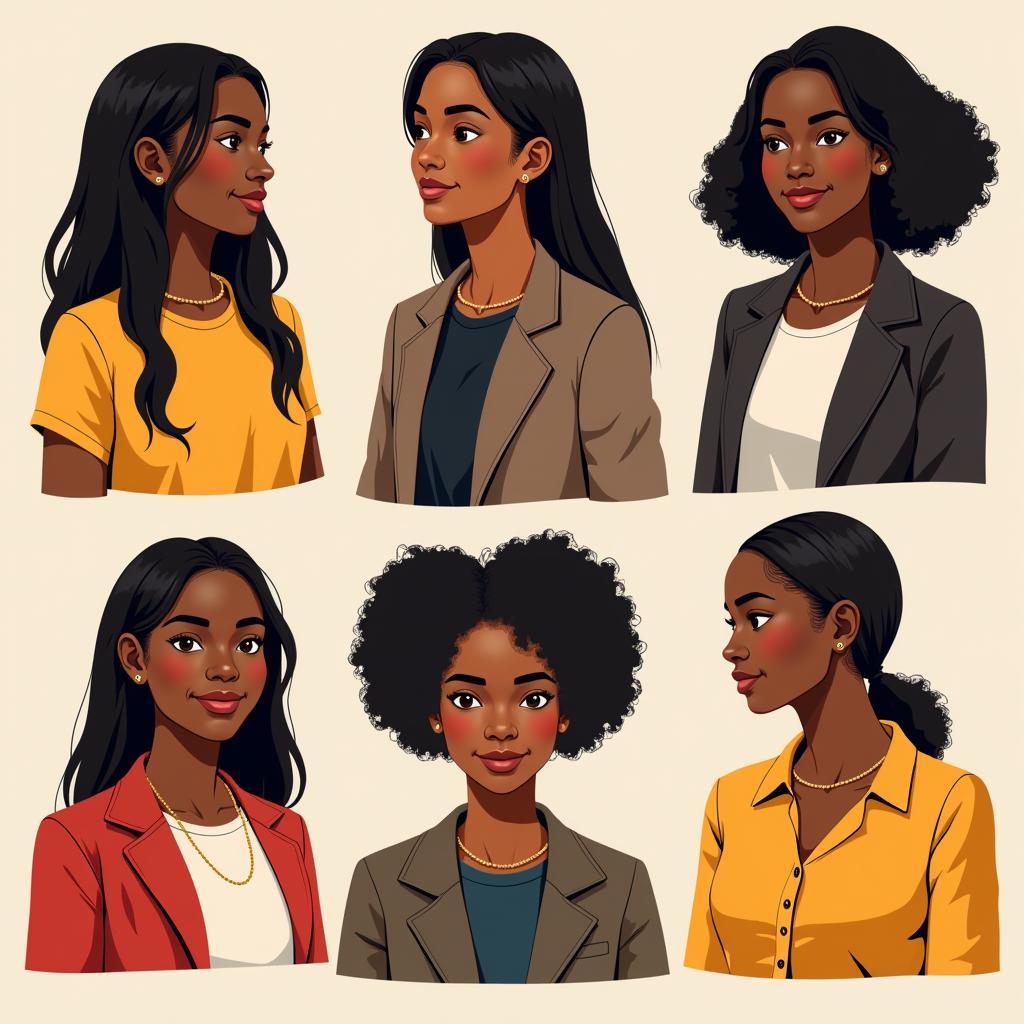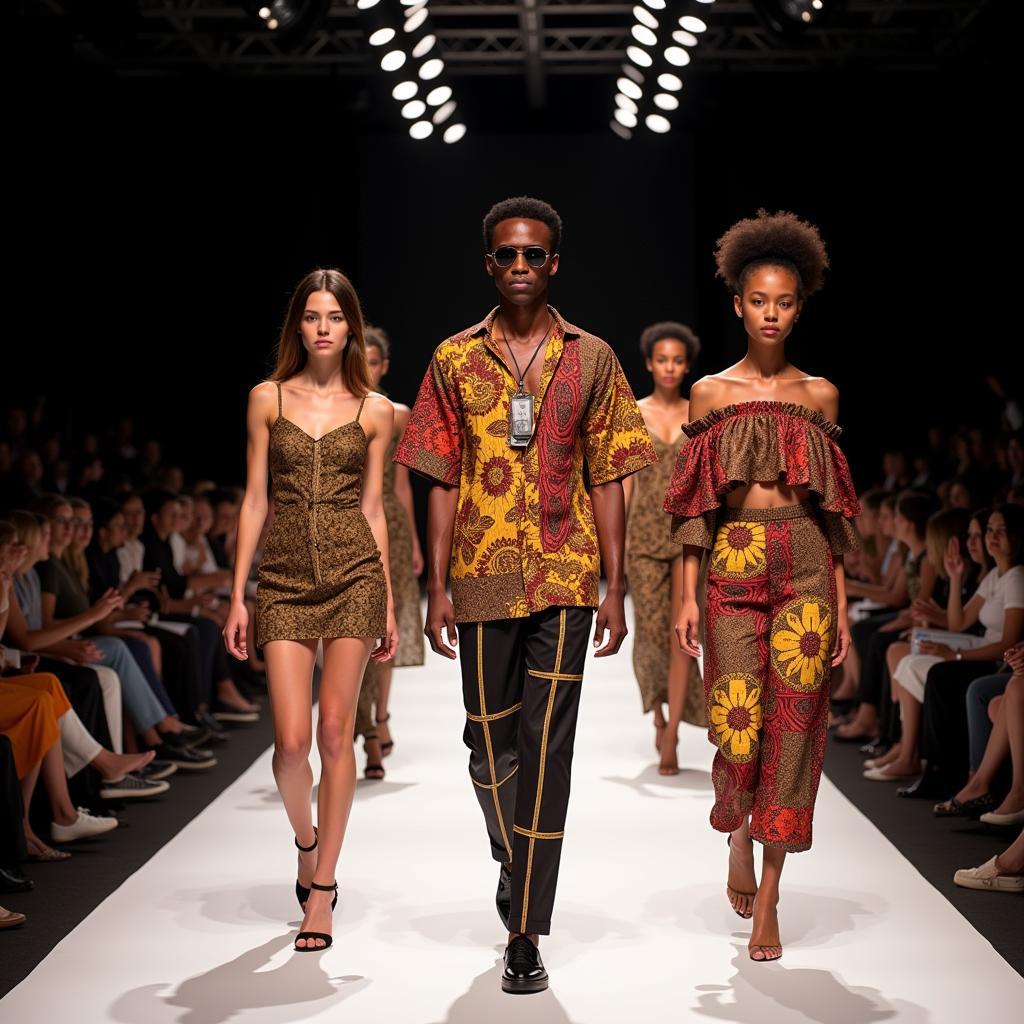Unveiling the African Girl Image: Beyond Stereotypes and Misconceptions
The African girl image often conjured in global media is frequently a one-dimensional, stereotypical portrayal. This article delves deeper, exploring the rich tapestry of experiences, cultures, and aspirations that define African girls, moving beyond simplistic and often misleading representations. We’ll examine the diversity that exists across the continent and celebrate the strength, resilience, and beauty of African girls.
The Diversity of the African Girl Experience
Africa is not a monolith. It’s a continent of 54 distinct countries, each with its unique cultures, traditions, and social dynamics. This diversity is reflected in the lives of African girls. An Ethiopian girl’s experience differs significantly from that of a Nigerian girl or a South African girl. From rural villages to bustling cities, their lives are shaped by various factors like ethnicity, religion, socioeconomic status, and access to education.
Understanding the Nuances of “African Girl Image”
The term “African girl image” itself is problematic, suggesting a singular representation for millions of individuals. It’s important to recognize that there is no single “African girl”. Their stories are as diverse and vibrant as the continent itself. Some girls face challenges like child marriage and limited access to education, while others are breaking barriers in fields like science, technology, engineering, and mathematics (STEM). It’s crucial to move away from generalizations and acknowledge the individuality of each girl’s journey.
 African girls in diverse educational settings
African girls in diverse educational settings
Challenging Stereotypes and Misconceptions of the African Girl
Western media often perpetuates harmful stereotypes, portraying African girls as victims of poverty and conflict. This narrow narrative obscures their agency, resilience, and contributions to their communities. These misconceptions not only limit opportunities for African girls but also hinder global understanding of their diverse experiences.
Empowering African Girls Through Education and Opportunity
Education is a powerful tool for empowering African girls. By providing access to quality education, we can equip them with the knowledge and skills to create a brighter future for themselves and their communities. Investing in girls’ education leads to improved health outcomes, economic growth, and greater gender equality.
 Empowered African girls in leadership roles
Empowered African girls in leadership roles
Celebrating the Strength and Resilience of African Girls
Despite the challenges they may face, African girls demonstrate remarkable strength and resilience. They are innovators, artists, athletes, and leaders. Their stories are filled with determination, hope, and a unwavering spirit.
The Future of the African Girl: Hope and Progress
The future of Africa rests in the hands of its young people, and particularly its girls. By investing in their education, health, and well-being, we invest in the future of the continent. There is a growing movement of African women and girls advocating for their rights and creating positive change in their communities. This momentum is building a brighter future, one filled with promise and opportunity.
“Investing in the education of an African girl is investing in the future of a nation.” – Dr. Amina Omar, Fictional Educational Advocate, Kenya.
Conclusion: Reframing the African Girl Image
The African girl image is multifaceted and complex, encompassing a wealth of experiences and stories. Let us move beyond simplistic narratives and embrace the richness and diversity of their lives. By challenging stereotypes and promoting opportunities, we can empower African girls to reach their full potential and contribute to a more equitable and prosperous future for all.
FAQs
- What are some of the key challenges facing African girls?
- How can we support the education of African girls?
- What are some successful initiatives empowering African girls?
- How can we challenge negative stereotypes about African girls?
- What role do African girls play in their communities?
- How can we promote gender equality in Africa?
- What are some resources for learning more about the lives of African girls?
Need support? Contact us 24/7: Phone: +255768904061, Email: [email protected], or visit us at Mbarali DC Mawindi, Kangaga, Tanzania.
